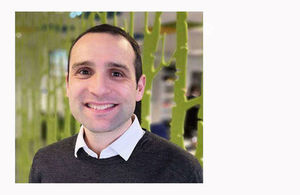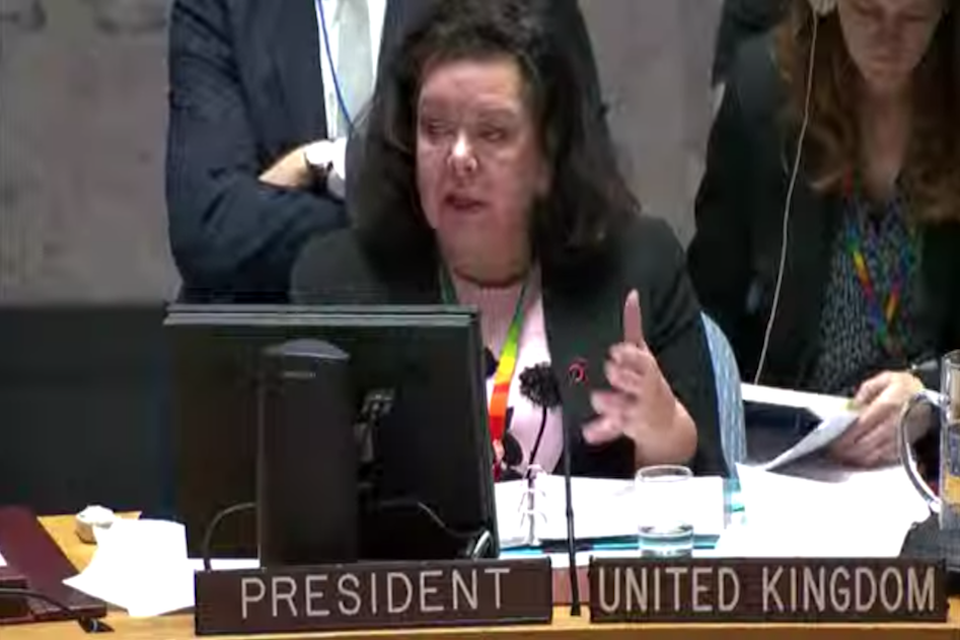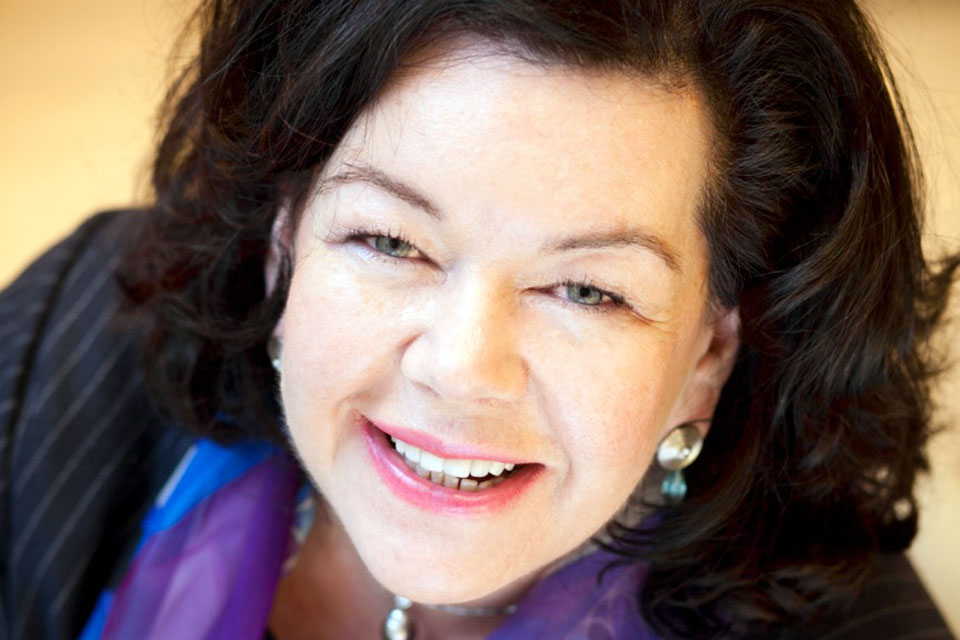As this is the first time I am taking the floor, I would like to join others in congratulating you on your appointment as Chair at a crucial time for IOM. I look forward to working closely with you and the rest of the Bureau in the year ahead.
I would also like to reiterate the UK’s condolences for the four IOM staff members recently killed in in South Sudan. Aid workers and civilians should never be a target. We salute all of the IOM staff who work in such hostile environments to deliver essential assistance to beneficiaries, and support IOM’s efforts to ensure their safety.
The UK would like to acknowledge the strong leadership of the Director General over the past year, as well as that of his team. IOM’s continued strong growth – with the budget exceeding $2bn for the first time and nearly 14,000 staff – illustrates the increasing relevance and importance of IOM’s work around the world, including in many of the most challenges environments. IOM is playing a significant role in the international response to virtually every humanitarian crisis, and supporting countless governments as they work towards the Sustainable Development Goals.
We welcome the sharp focus you have brought to IOM’s strategic and institutional reforms, as well as your careful positioning of IOM as the coordinator of the UN Migration Network, supporting states with the implementation of the Global Compact for Safe, Orderly and Regular Migration (GCM). Hence the UK’s significant policy and financial commitment to IOM.
I would like to reiterate the UK’s support for the GCM. International coordination is essential to address complex transnational challenges. The GCM champions a pragmatic approach, facilitating co-operation without creating new rights or norms, and without infringing on sovereignty. We welcome the progress made this year to build a framework for GCM implementation, including via the Start Up Fund for Safe, Orderly and Regular Migration. The UK Government will provide £3 million over three years to this Fund, working with the UN, Member States and Civil Society to shape it into an effective mechanism to achieve shared objectives, including through combatting modern slavery and promoting evidence-based approaches.
We welcome the efforts to develop a new Strategic Vision and embed Internal Governance Framework (IGF) reforms. Improvements to IOM’s central functions have not kept pace with its rapid growth, and the control, risk, investigation, evaluation, internal audit and anti-fraud functions all need major improvement. We support the use of OSI, OSI Reserve and unearmarked donor funds to help to pay for these improvements. The UK is a significant contributor of multi-year unearmarked funding, providing over $8m in 2019 via the Migration Resource Allocation Committee, or MIRAC. We encourage more member states to make unearmarked contributions to ensure the institutional reforms are adequately resourced. We also look forward to wider Budget Reform discussions in early 2020 to consider options for more sustainable funding.
I’d like to conclude by briefly noting three areas of particular interest to the UK. First, we welcome IOM’s commitment to Preventing Sexual Exploitation and Abuse, including via the new ‘We Are All In’ platform. We note that this is leading to an increase in reported allegations. In this context – but also more broadly – it is crucial that the Office of the Inspector General is both resourced and empowered to fulfil its mandate, and we strongly support ongoing efforts to strengthen the OIG.
Second, we want to see the continued strengthening of IOM’s approach to the inclusion of people with disabilities, older people and women and girls.
Finally, cross-system humanitarian reform remains a top UK priority. In particular, we are keen to ensure more collective and system-wide approaches to Accountability to Affected Populations (AAP); increase use of unconditional cash; ensure the centrality of protection; and advance data-driven approaches to Joint Needs Assessment (JNA) and prioritisation.
Thank you.


